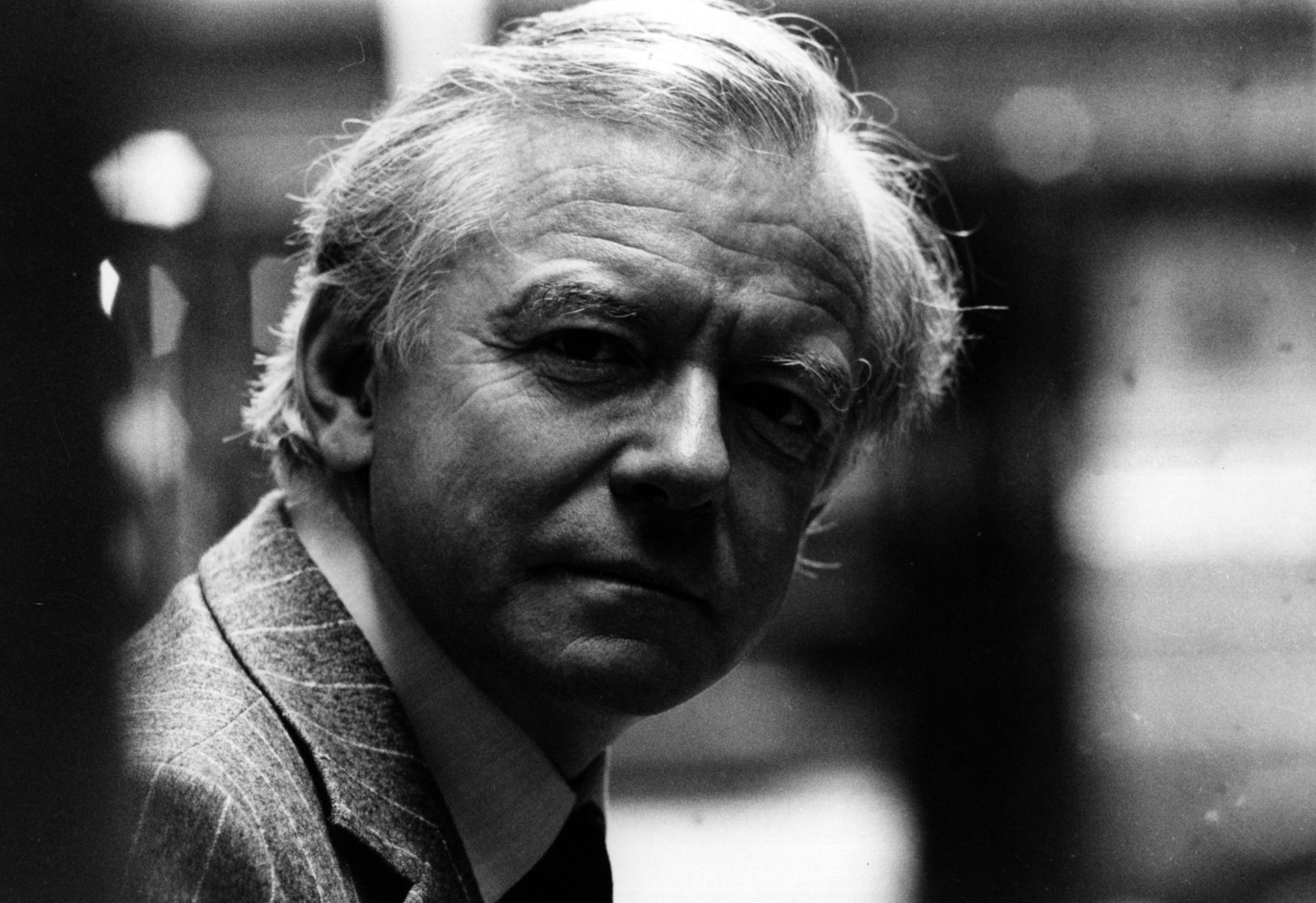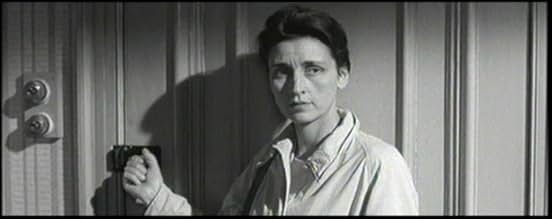After winning re-election, British Labour Party M.P. Johnnie Byrne faces a series of setbacks in his political career, as well as in his marriage, and must act wisely in order to save both.After winning re-election, British Labour Party M.P. Johnnie Byrne faces a series of setbacks in his political career, as well as in his marriage, and must act wisely in order to save both.After winning re-election, British Labour Party M.P. Johnnie Byrne faces a series of setbacks in his political career, as well as in his marriage, and must act wisely in order to save both.
- Won 1 BAFTA Award
- 2 wins & 1 nomination total
- Director
- Writers
- All cast & crew
- Production, box office & more at IMDbPro
Featured review
This adaptation of the novel by Labour MP Wilfred Fienburgh depicts politics as a grubby business conducted by grubby people. To many at the time this may have been something of a revelation but we have long since ceased to harbour any illusions about politicians and see them for the self-serving s***s they really are.
The central character here is Johnnie Bryne who has been returned as Labour MP with an increased majority but is passed over for a senior post in Government. He finds consolation in the bottle and in the arms of a much younger woman. He treats appallingly a woman in the flat upstairs with whom he might perhaps have found happiness. He later learns that he has been overlooked because of his wife's communist leanings. They have since parted and being free of this encumbrance he is given a junior post by the Prime Minister.
Peter Finch picked up his third of five BAFTAS (the last being awarded posthumously) for his performance as Johnnie. Even by his standards he is simply superb in what is an unsympathetic role. The supporting cast is uniformly excellent notably Geoffrey Keen, Stanley Holloway, Michael Goodliffe, Paul Rogers and Billie Whitelaw. Ralph Thomas freely admitted that he was a journeyman director who made all kinds of films and was happy if he had an occasional hit. This film might not have been a hit in the commercial sense but as a piece of direction Thomas has surpassed himself. He is blessed to have such fine actors and a brilliant script by Nicholas Phipps and Mordecai Richler. Great score by Malcolm Arnold but I do not think the subject matter justifies the film being shot in Cinemascope.
Whatever ones political beliefs or affiliations this excellent film still resonates. After all, what Disraeli called the 'greasy pole' is as greasy as ever!
The central character here is Johnnie Bryne who has been returned as Labour MP with an increased majority but is passed over for a senior post in Government. He finds consolation in the bottle and in the arms of a much younger woman. He treats appallingly a woman in the flat upstairs with whom he might perhaps have found happiness. He later learns that he has been overlooked because of his wife's communist leanings. They have since parted and being free of this encumbrance he is given a junior post by the Prime Minister.
Peter Finch picked up his third of five BAFTAS (the last being awarded posthumously) for his performance as Johnnie. Even by his standards he is simply superb in what is an unsympathetic role. The supporting cast is uniformly excellent notably Geoffrey Keen, Stanley Holloway, Michael Goodliffe, Paul Rogers and Billie Whitelaw. Ralph Thomas freely admitted that he was a journeyman director who made all kinds of films and was happy if he had an occasional hit. This film might not have been a hit in the commercial sense but as a piece of direction Thomas has surpassed himself. He is blessed to have such fine actors and a brilliant script by Nicholas Phipps and Mordecai Richler. Great score by Malcolm Arnold but I do not think the subject matter justifies the film being shot in Cinemascope.
Whatever ones political beliefs or affiliations this excellent film still resonates. After all, what Disraeli called the 'greasy pole' is as greasy as ever!
- brogmiller
- May 9, 2020
- Permalink
Storyline
Did you know
- TriviaAlthough this film was based on a novel by a serving Labour Member of Parliament (who had died before it appeared), it was widely regarded by critics as none-too-subtle propaganda for the Conservatives, of whom the head of the studio was a vocal supporter.
- GoofsThe on street interview that Finch's character gives to a news film crew has somewhat different wordage (clearly from another take, that would not have happened with a news crew) when seen broadcast later on a television in a pub.
- ConnectionsFeatured in Film Profile: Betty Box and Ralph Thomas (1961)
Details
- Release date
- Country of origin
- Language
- Also known as
- Und morgen alles
- Filming locations
- Bolton Abbey, Skipton, North Yorkshire, England, UK(on location)
- Production company
- See more company credits at IMDbPro
- Runtime1 hour 50 minutes
- Color
- Aspect ratio
- 2.35 : 1
Contribute to this page
Suggest an edit or add missing content


































